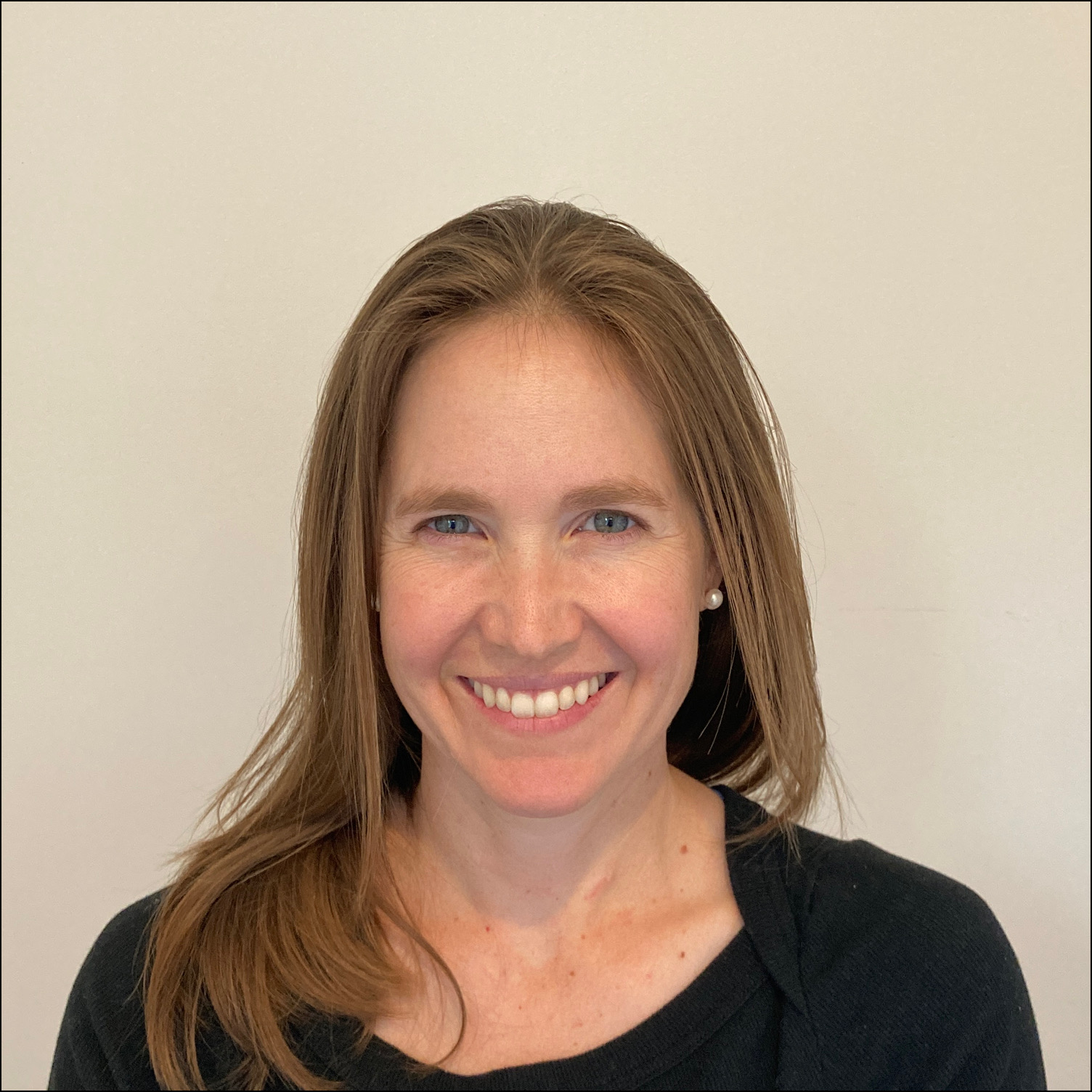
Libby Blanchard has co-authored a chapter in a new book on climate change mitigation strategies and carbon offsets.
If California does incorporate these REDD offsets into its programme, it could be the first official compliance market to use REDD credits.
Libby Blanchard
The attempt by California to incorporate international forest carbon credits into its climate mitigation strategy is described in the chapter of an important new book on climate change mitigation strategies and carbon offsets, published this week.
The chapter, co-authored by Gates Cambridge Scholar Libby Blanchard and her PhD supervisor Dr Bhaskar Vira, appears in the book The Carbon Fix, published this week.
Based on Blanchard's PhD research, it details public debates and discourses on the possibility of incorporating REDD (Reducing Emissions from Deforestation and Forest Degradation) carbon offset credits into California's climate mitigation strategy. It focuses on the social impacts of REDD+ and considers the extent to which groups who will be impacted by the proposed policy have a voice or are represented within the debate and what legitimacy this representation holds.
If implemented, REDD will have profound implications for the social equity, rights, and welfare of different groups of people directly impacted by the policy, with the greatest impact on the vulnerable and marginalised. The chapter finds that the power of certain actors to shape narratives over perceived social impacts affected (and will continue to affect) the strategies' ultimate design. The analysis highlights the highly unequal landscape within which public policy debates take place and the potential for democratic processes to lack effective mechanisms for the representation of interests of those who have most at stake in relation to climate policy.
Blanchard [2013], who is finishing her PhD in Geography at the University of Cambridge, believes the findings could increase understanding of the political dynamics involved in climate governance issues and contribute to more effective, equitable and inclusive climate mitigation strategies.
California is an important case study, Blanchard says, because state governments have begun to develop regional, transnational and subnational climate change mitigation strategies and California has been at the forefront of this trend with their Global Warming Solutions Act, passed in 2006.
This law seeks to reduce the state's emissions to 1990 levels by 2020 and 80% below 1990 levels by 2050. California is also at the vanguard of linking the REDD initiative with other climate mitigation strategies, such as formally linking their cap and trade programme with Quebec. In addition, it is considering linking 'jurisdictional REDD' forest carbon offsets with Chiapas, Mexico, and Acre, Brazil, into its programme. "If California does incorporate these REDD offsets into its programme, it could be the first official compliance market to use REDD credits," says Blanchard.

Libby Blanchard
- Alumni
- United States
- 2012 MPhil Environment, Society and Development
2013 PhD Geography - King's College
I arrived at Cambridge in 2012 to pursue an MPhil in Environment, Society and Development to learn how best to negotiate environmental pressures when alleviating poverty through economic growth. I am particularly interested in developing policies that address both extreme poverty and biodiversity loss--two of the most critical challenges of our era. In 2013, I received a second Gates Cambridge Scholarship to pursue a PhD that addresses climate change policy and environmental justice, and received my PhD in 2017. Before Cambridge, I worked for six years directing international development and conservation initiatives for a coffee importing company. In this role, I raised over $4 million for livelihood improvement programs, some of which were featured at the Clinton Global Initiative and in National Geographic's Wild Chronicles series.












